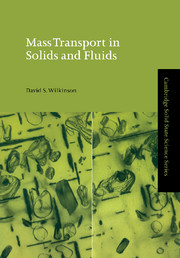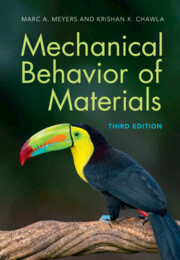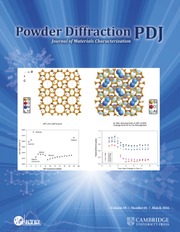Superplasticity in Metals and Ceramics
This book describes advances in the field of superplasticity, the ability of certain materials to undergo very large tensile strains. This phenomenon has increasing commercial applications, but also presents a fascinating scientific challenge in attempts to understand the physical mechanisms that underpin it. The authors emphasize the materials aspects of superplasticity. Beginning with a brief history of the phenomenon, they describe the two major types of superplasticity-- fine-structure and internal-stress superplasticity-- and discuss their operative mechanisms. They also present microstructural factors controlling the ductility and fracture in superplastic materials. Observations of superplasticity in metals (including aluminum, magnesium, iron, titanium and nickel), ceramics (including monoliths and composites), intermetallics (including iron, nickel, and titanium base), and laminates are thoroughly described. This is a valuable text for graduate students and researchers in materials science and engineering.
- Good description of superplasticity
- Details of which materials can be made superplastic
- Lists more recent advances in the field and commercial applications
Reviews & endorsements
'Highly recommended as a useful reference source.' Aslib Book Guide
Product details
January 1997Hardback
9780521561051
288 pages
254 × 181 × 21 mm
0.774kg
175 b/w illus. 22 tables
Available
Table of Contents
- Preface
- 1. Introduction
- 2. Key historical contributions
- 3. Types of superplasticity
- 4. Mechanisms of high-temperature deformation and phenomenological relations for fine-structure superplasticity
- 5. Fine-structure superplastic metals
- 6. Fine-structure superplastic ceramics
- 7. Fine-structure superplastic intermetallics
- 8. Fine-structure superplastic composites and laminates
- 9. High-strain-rate superplasticity
- 10. Ductility and fracture in superplastic materials
- 11. Internal-stress superplasticity (ISS)
- 12. Other possible superplasticity mechanisms
- 13. Enhanced powder consolidation through superplastic flow
- 14. Superplastic forming and diffusion bonding
- 15. Commercial examples of superplastic products
- Index.





